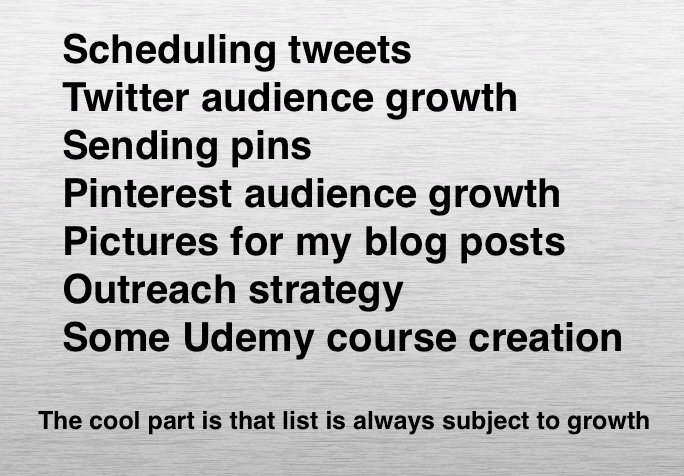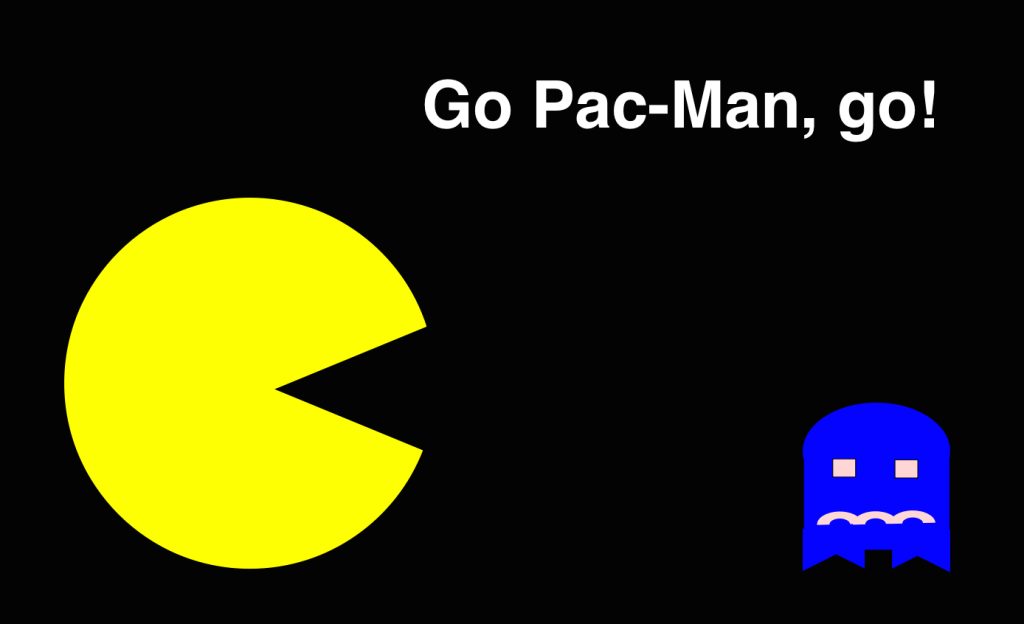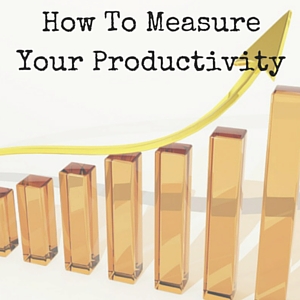This is my first video-based blog post. In this video, I discuss the four core beliefs of highly productive people. The video is based on the blog post The 4 Core Beliefs Of All Highly Productive People.
The methods I discuss in the video are as follows:
#1: Dreaming Big Is Better Than Dreaming Small. When you dream big, you expand the possibilities. Even if you don’t reach them all, your bigger goals will inspire you to put in more work. Dreaming small inspires mediocre work and mediocre results.
#2: Being Busy Does Not Mean You Are Productive. There is a huge difference. You can be getting distracted by non-priorities when you are busy, but you are always addressing your priorities when you are productive.
#3: The Vision Must Be Accompanied By A Series Of Micro-Visions. You need the stepping stones to get to the grand vision. The stepping stones will boost your confidence as you head towards that grand vision.
#4: There Is No Stopping. You do have to take the occasional breaks, but you must put in the work every single day. As Daymond John would say, “Keep Swimming!”
I hope you enjoy the video. Please let me know what you thought of the video, and if you like it, then don’t forget to subscribe. You can subscribe to my YouTube channel here.


![The Best Method For Boosting Productivity [Case Study]](https://www.upwork.com/api/v3/wp-files/direct/room_446886f130d3d1fdd6663991993e8bae/63277352-1f51-4a2d-8188-2cddace8346d/boost.png)



